Feel Good Introduction
- Microsoft carves music into glass, wants to preserve it for 10,000 years
- Tmall teams up with several brands to simplify packaging for '618'
- BIG creates "the world's most environmentally friendly furniture factory"
- This light is powered by seawater and urine in case of emergency
- Brewdog: a beer company that likes to say 'our responsibility'
Microsoft carves music into glass, wants to preserve it for 10,000 years
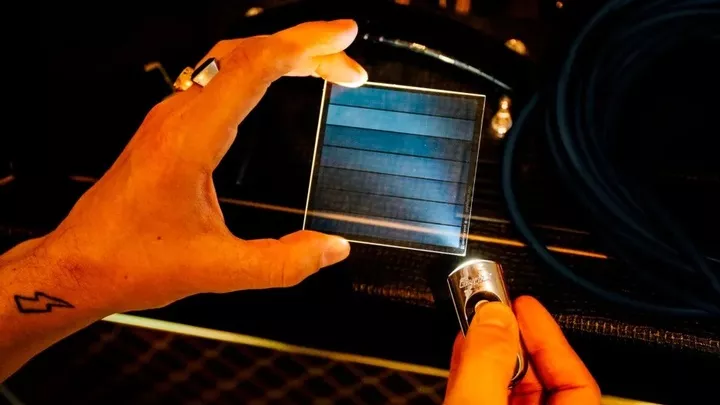
Near the world's largest seed vault, someone is building a "Noah's Ark of human music" - the Global Music Vault - and Microsoft is testing a new storage technology in it.
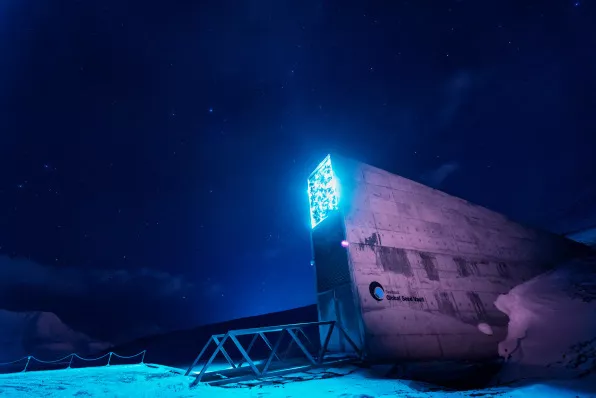
In order to preserve music data for 10,000 years, Microsoft has developed a storage technology called "Project Silica".
In short, Microsoft has created a 3-inch square "hard drive" made of quartz glass, each of which can store 100GB of data and roughly 20,000 songs.
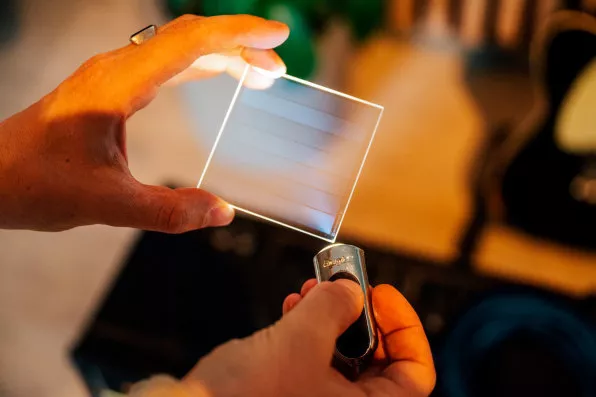
Once the 'burning' is done with a femtosecond laser, a device equipped with laser reading technology and machine learning algorithms can transcribe the data from the glass disc back to music, movies or any other digital information.
Our goal is to preserve archives and data in the volume of cloud storage.
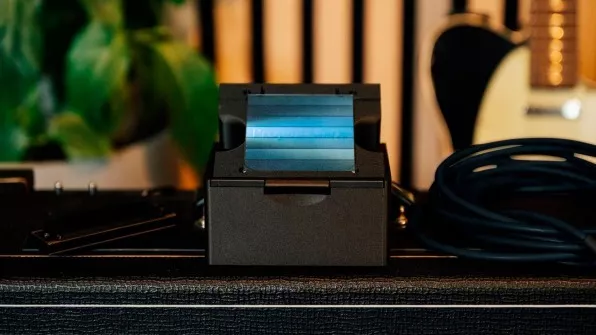
Ant Rowstron, deputy director of labs at Microsoft Research Cambridge, concludes. For Microsoft, which has been looking for a more secure physical data storage technology over the years as it increasingly shifts its business to the cloud, this storage technology development is as much about advancing music preservation as it is about making sense for its own business.
However, in addition to Microsoft, the Elire Group, the venture capital group that manages the 'Global Music Library', is now testing other companies' music storage technology solutions at the same time.
The music archives being tested for storage are currently from the Polar Music Prize, the National Library of New Zealand, and the International Library of African Music. In addition, a selection of musician Beatie Wolfe's work will be included, including a piece she wrote as a teenager about climate issues.
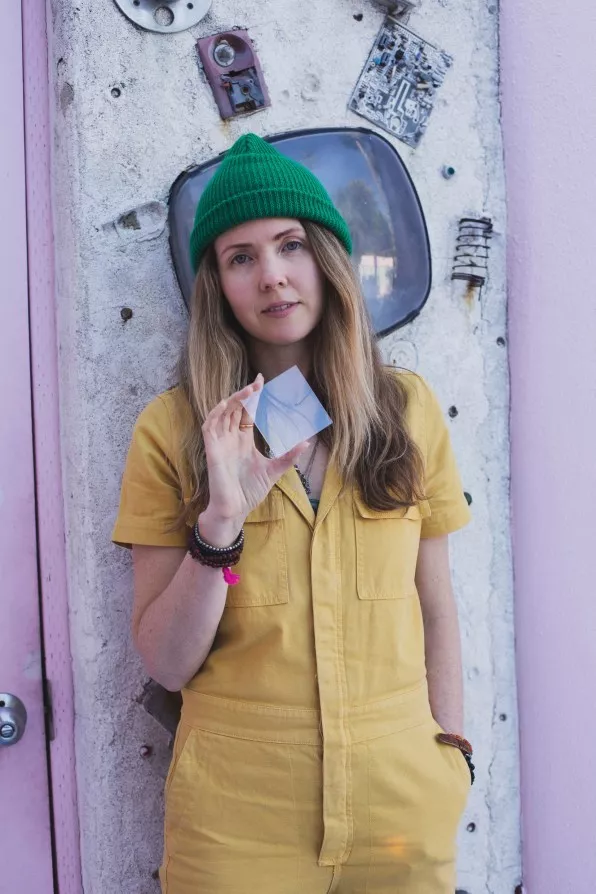
▲ Beatie Wolfe
For Wolfe, this vault of music buried deep under the ice comes at the right time, not only for climatic reasons, but also for cultural ones.
Music has been devalued too much in the streaming era, worse than in the iTunes era. The music industry, for its part, is too focused on commoditizing this art form. This project, too, is a fitting reminder of the long-term value of music to our species.
Tmall teams up with several brands to simplify packaging for '618'
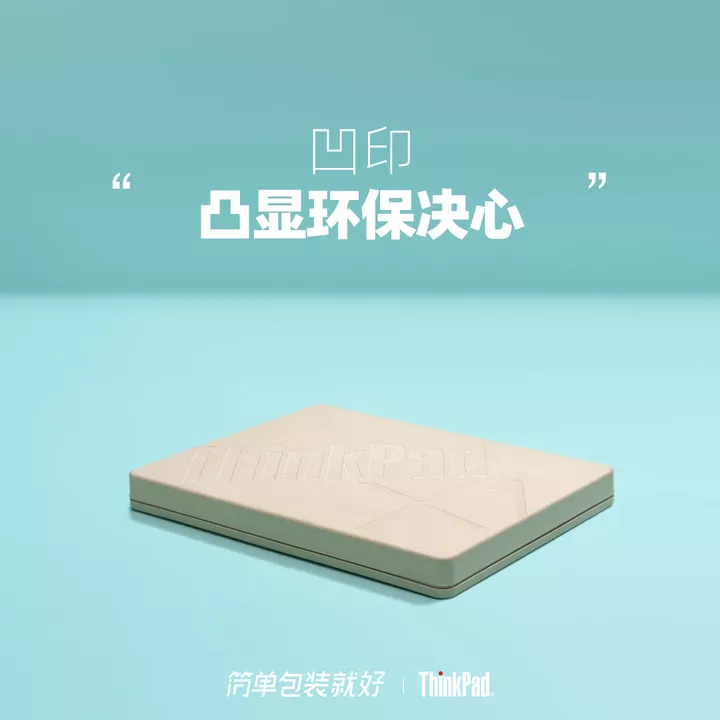
This year's 618 play is still complex, but the packaging is a little simpler.
This time, Tmall and OLAY, PepsiCo, P&G, LEGO and more than 40 brands have recreated green and low-carbon packaging, allowing consumers to choose "simple packaging" to help the environment when shopping.
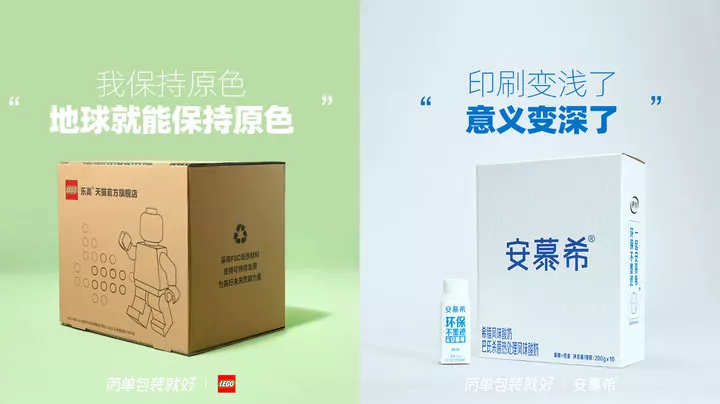
Lego and Amush have adopted an eco-friendly design that reduces printing on the box, while Lenovo even hides the logo directly in the embossing.
P&G and IKEA have made packaging more fitted and lightweight by reducing packaging space, both in terms of weight and making recycling easier.
To reduce plastic, OLAY has gone paperless with instructions by putting QR codes in the box. Pepsi also takes the plastic seal off the bottle directly.
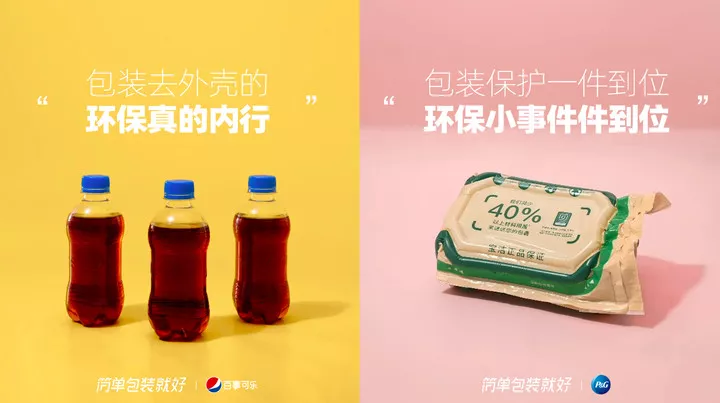
While the previous designs were all about subtraction, Oreo wanted to 'maximize' the packaging. With a little DIY, Oreo's Panda box can become a mini storage box and help keep the masks safe.
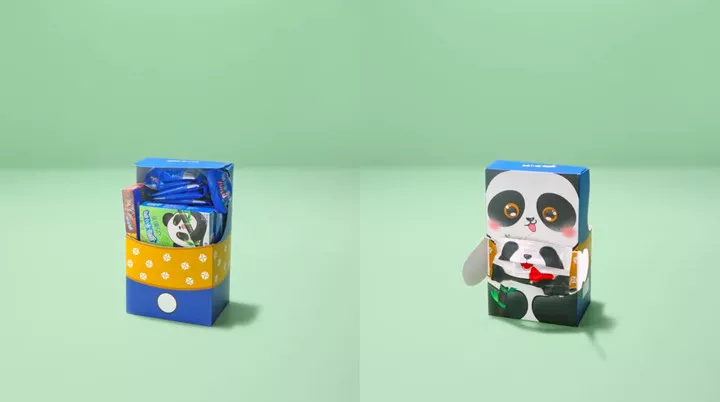
During the 618 period, consumers can search for "Green Motion Paradise" in the search bar of the Tmall app and enter to shop for products that offer simple packaging.
Purchases of corresponding products also earn little green flowers that consumers can redeem for branded peripherals in the Rewards Mall or use to support a good cause.
BIG builds "the world's most environmentally friendly furniture factory"
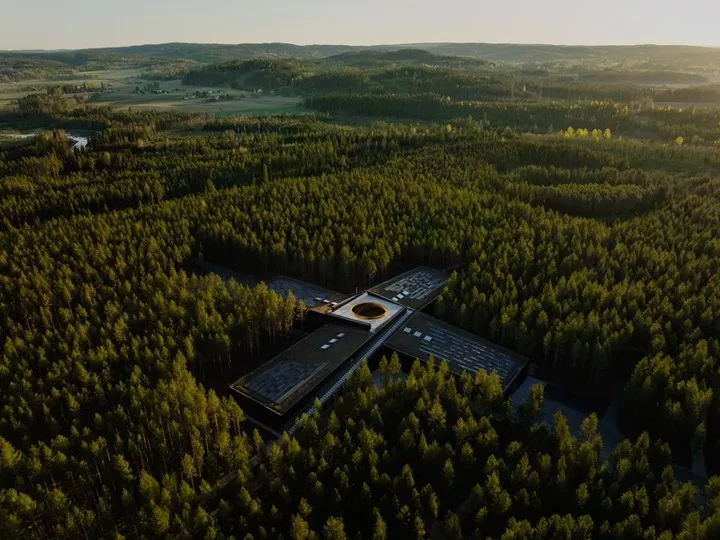
This past June 3, the self-proclaimed "World's Most Environmentally Friendly Furniture Factory" was officially opened.
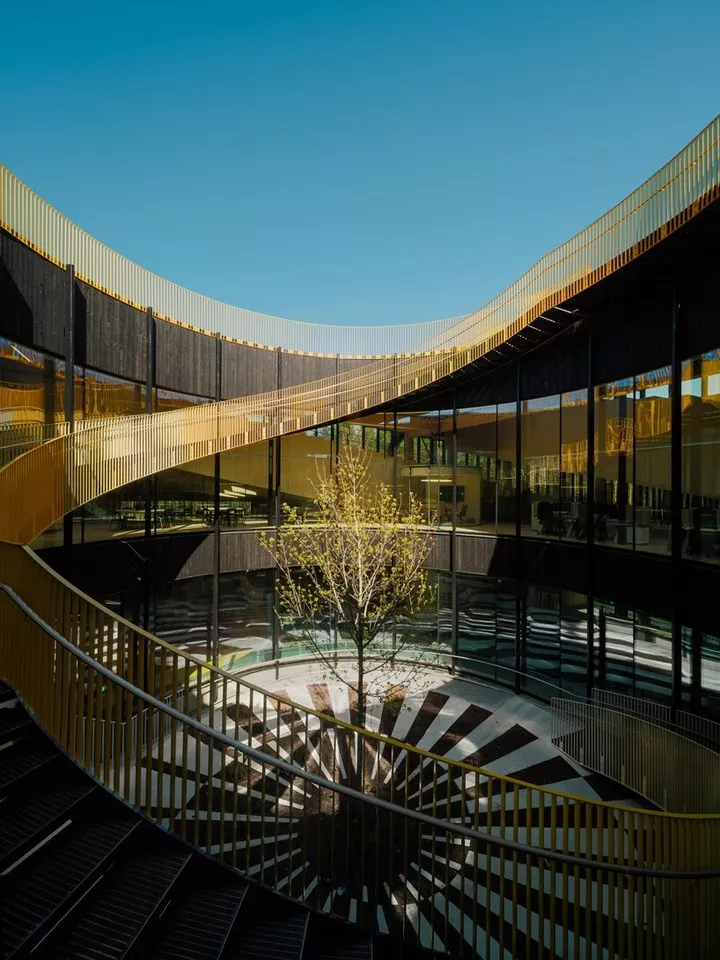
The plant, called 'The Plus', was built by the architectural firm BIG on a 7,000 square meter site in Norway, produces half the gas of a normal factory, has 900 solar panels on the roof, produces about 250,000 kWh of electricity a year, and recovers 90-95% of the water used in the manufacturing process.
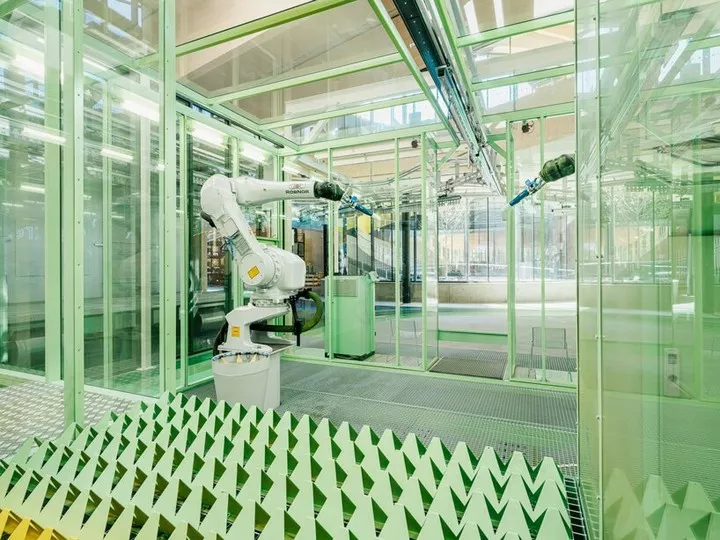
In tribute to the Norwegian concept of "Allemannsretten" (the right to roam), owner-furniture manufacturer Vestre wants this to be the most open and transparent factory in the world.
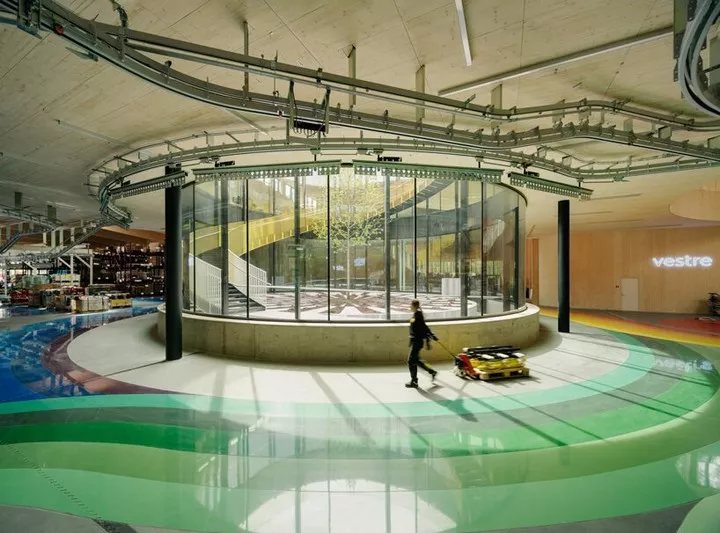
Visitors can not only see the inside of the factory from the side windows, but can also walk up to the green roof to see the factory or look out over the surrounding pine forest. In addition, the factory has a dedicated visitor centre where visitors can learn about Vestre's sustainability strategy.
The Plus will be an outstanding tourist attraction, both for locals and tourists, where people will be able to visit and experience a modern factory built in the most sustainable way.
This light is powered by seawater and urine in case of emergency
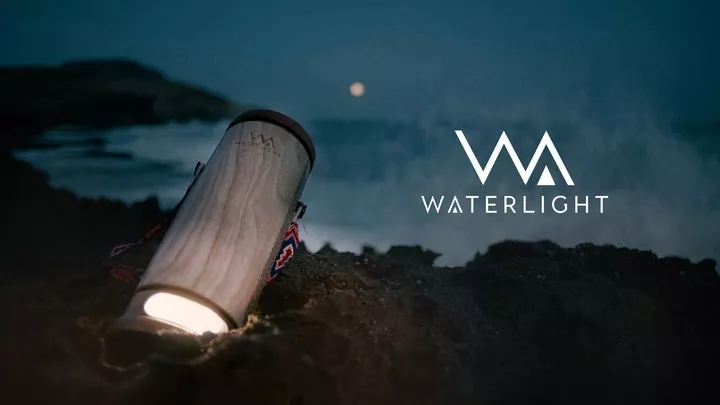
With just half a litre of seawater, this WaterLight lasts for 45 days.
Developed by Wunderman Thompson Colombia Design Studio in collaboration with renewable energy company E-Dina, this seawater-powered lamp brings help to Wayúu, an indigenous community in South America.
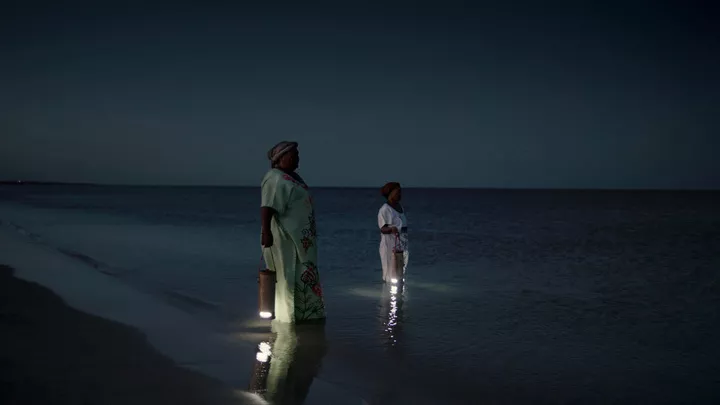
Wayúu is located in the desert but is surrounded by the sea, making it difficult to obtain electricity directly locally.
The light allows electrolytes in seawater to react with magnesium in the device to produce electricity and become a portable light source. In an emergency, it can even be powered by urine.
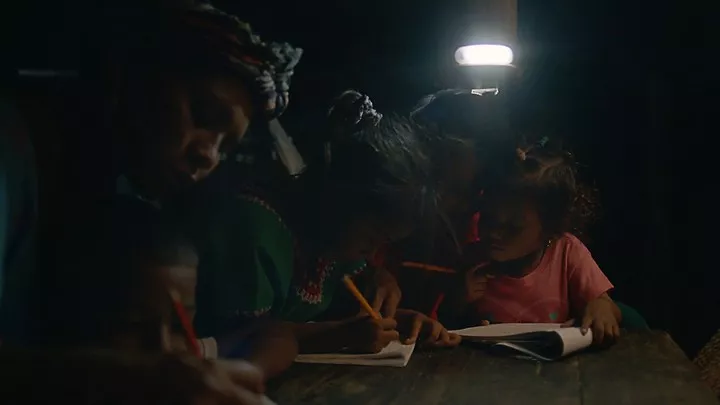
Local children can use the light to learn at night, and adults can continue to finish knitting clothes, go out fishing, etc. at night.
It can also charge small devices such as phones via the USB port.
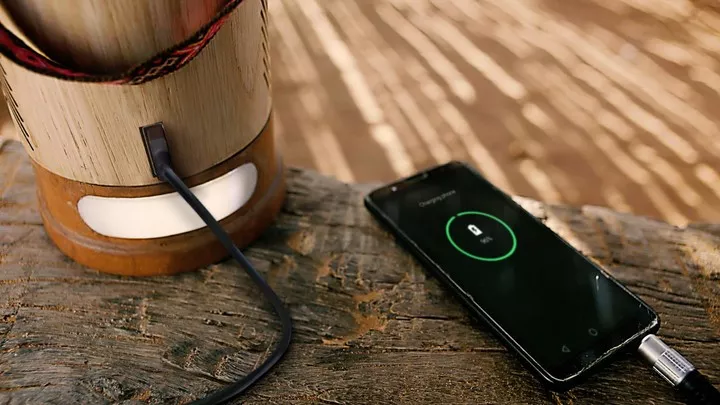
The designer says the device is made of recyclable materials and is expected to last about 5,600 hours, which means it will last two to three years. The WaterLight is currently being prepared for a global rollout.
Brewdog: a beer company that likes to say 'our responsibility'
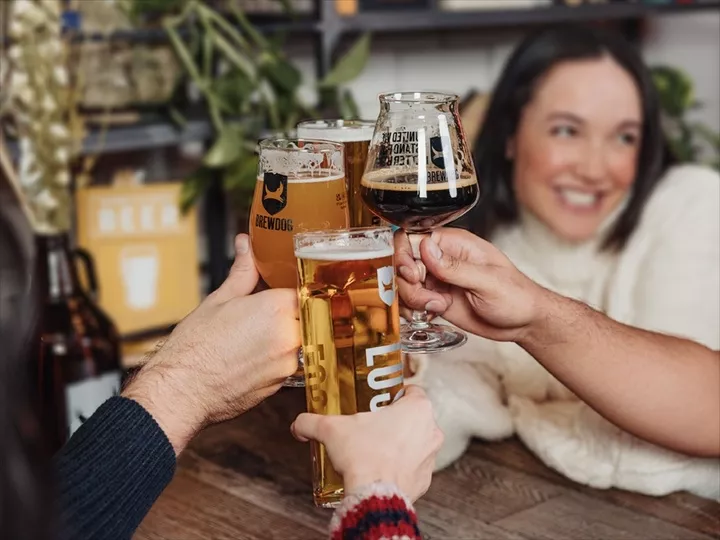
British beer brand Brewdog was founded in 2007 and produces a wide range of ale and lager beers.
As well as loving great beer, this company is happy to use the word 'we' when talking about areas of social responsibility - 'Our responsibility' 'Our carbon (emissions). Our problems."
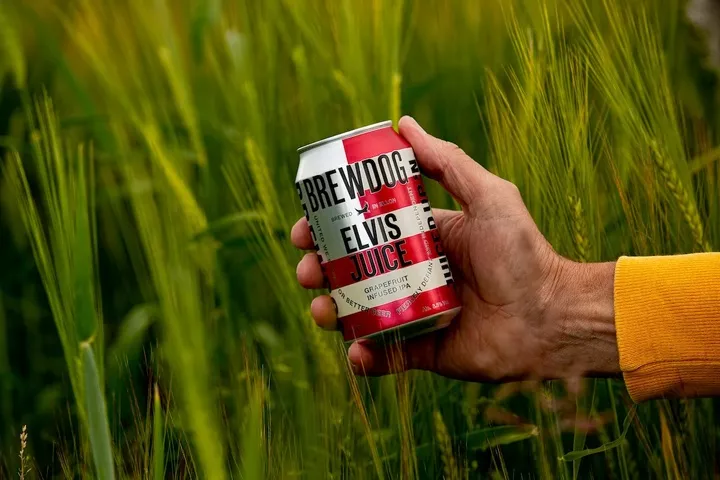
In recent years, Brewdog has continued to try to reduce the carbon emissions from producing beer. in 2019, its converted emissions figure is 113.4kg CO2e/hL, with the figure dropping to 93.3kg in 2020, with the aim of reducing it to 73.7 in 2023.
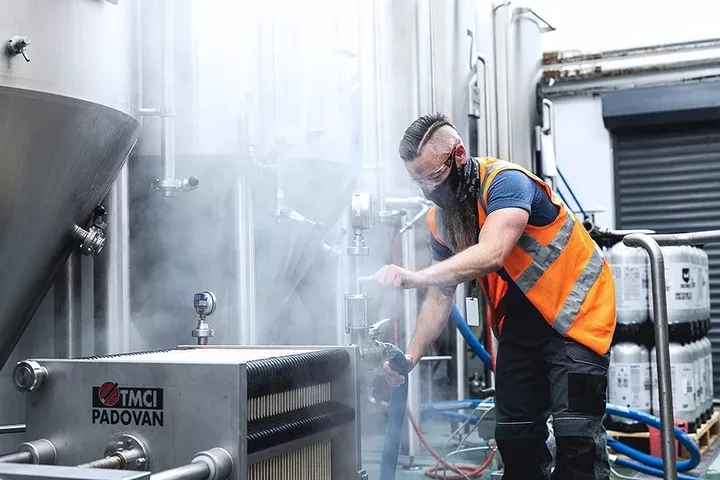
To achieve this goal, Brewdog is switching to renewable energy sources throughout the company (as well as its partner suppliers) by installing carbon capture equipment to recover carbon dioxide from the fermentation process for later injection into the beer; switching to electric trucks for transportation; partnering with a local wind farm to draw power directly from the plant to its own factory; and building its own anaerobic treatment plant to produce in a more sustainable way. .
In 2020, Brewdog also bought 9,308 acres in the Scottish Highlands with plans to start planting trees in 2022, kicking off one of the largest reforestation and peatland restoration projects ever.
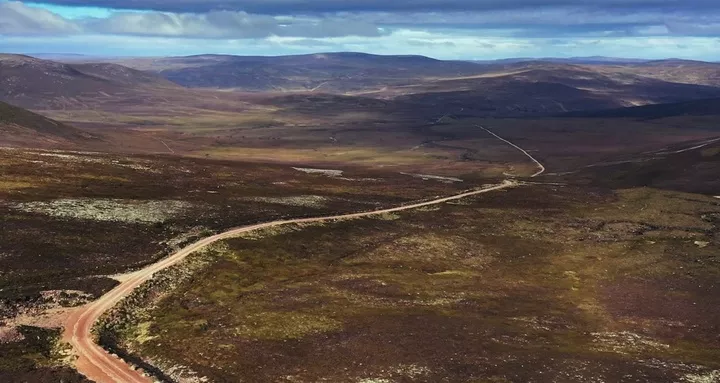
As seen in the 2023 target, Brewdog still wants carbon offsets to neutralize emissions, but the company has chosen to offset at double the value, and therefore more favorably to the public.
In addition to environmental factors, Brewdog is also vocal about employee rights - firmly opposed to modern slavery and, in addition to offering reasonable compensation packages to its employees, it also places a premium on auditing its suppliers in this area.
Images inside from Fastcompany, designboom, designweek, Brewdog
